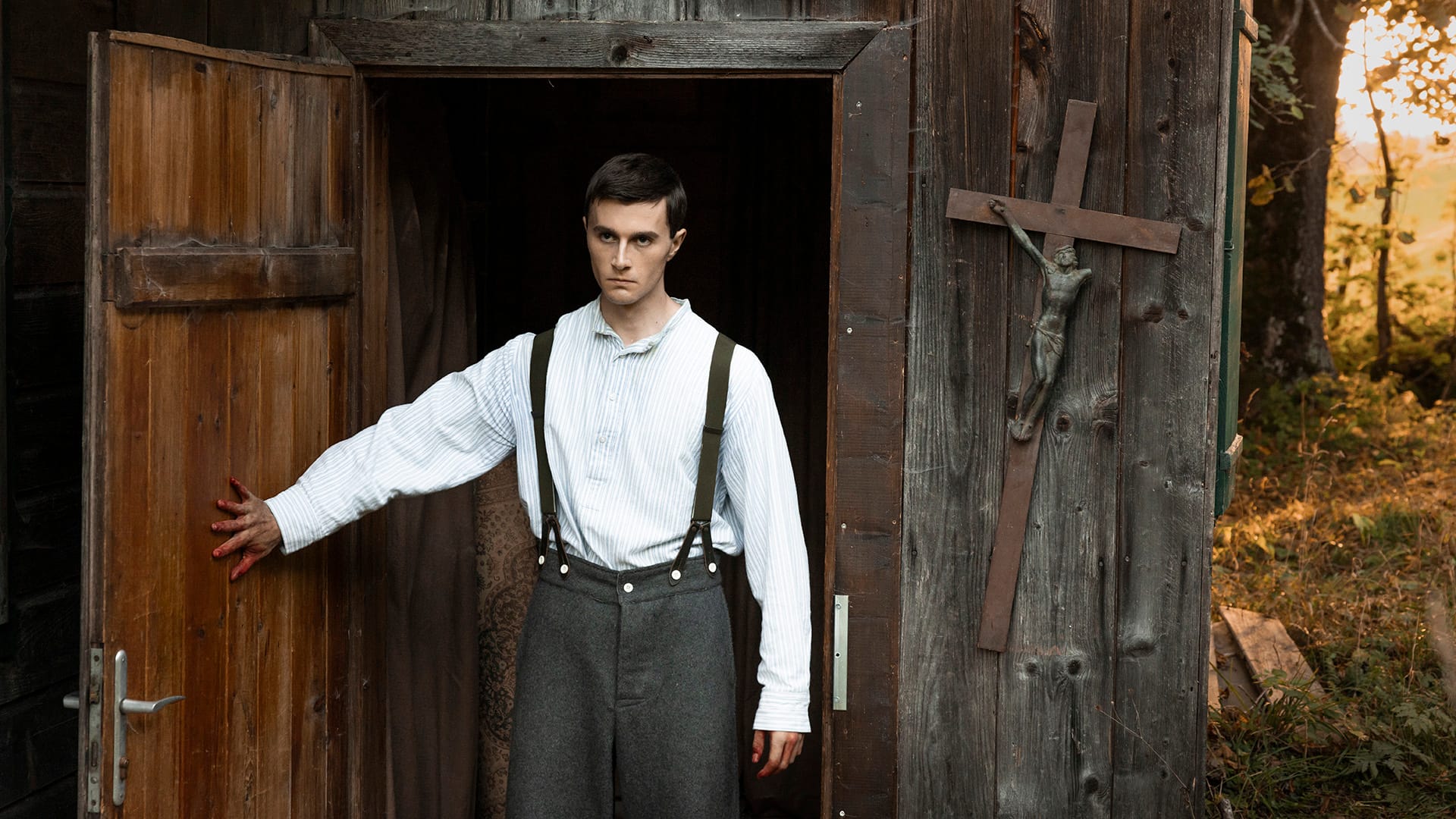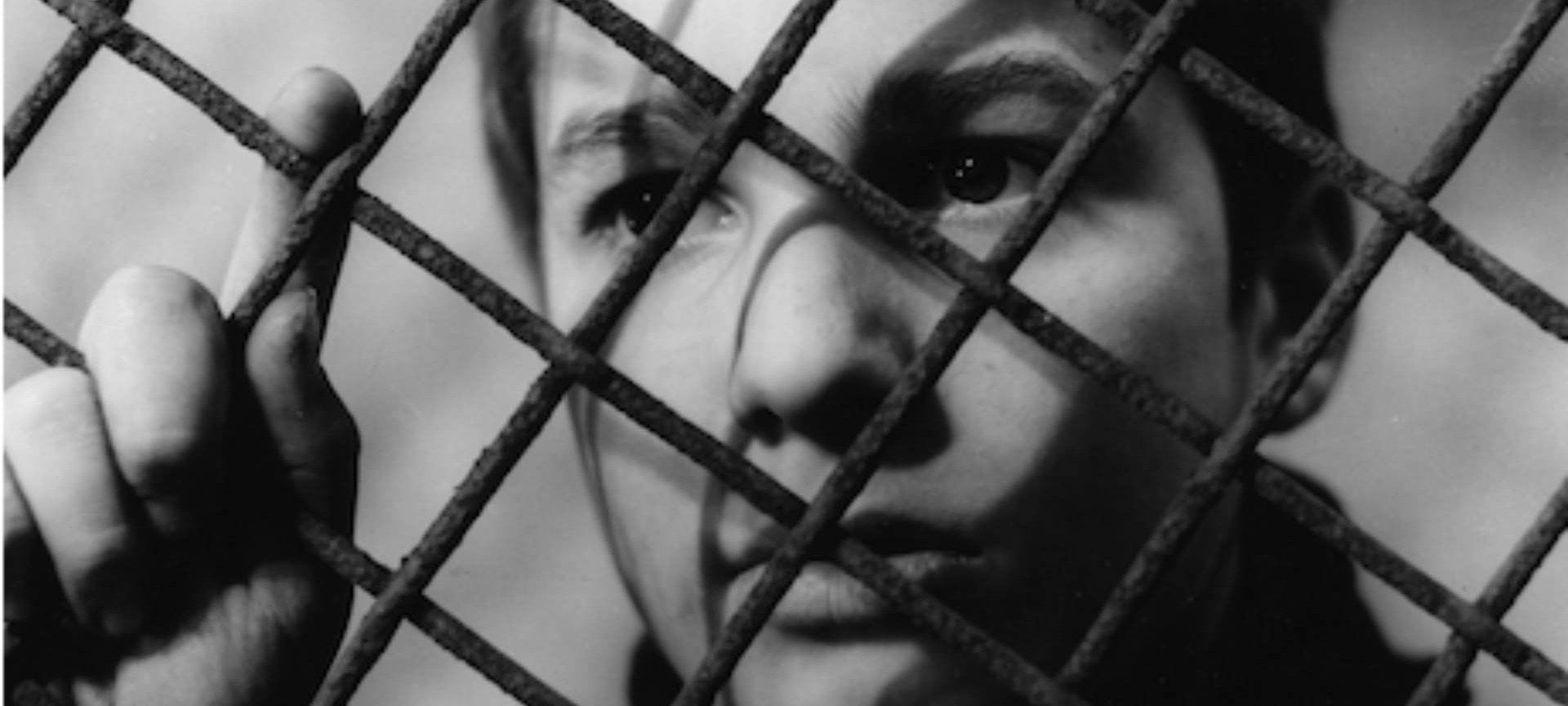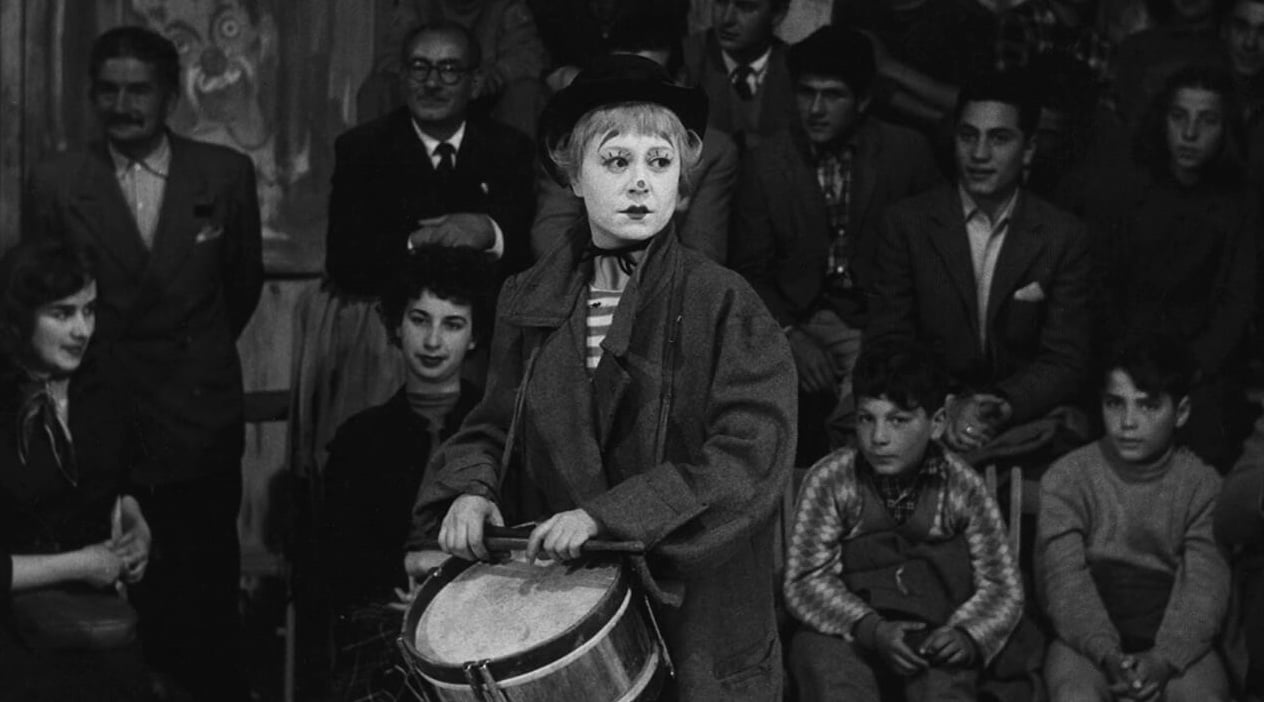Dear Storyteller,
What’s the one thing from your protagonist’s past that keeps them up at night? That unshakable shadow; the pain and the regret that clings to them in every scene, decision, and conflict?
This is your character’s ghost This isn’t just a simple storytelling tool—define what it is and it becomes the emotional engine that powers your entire screenplay.
Defining the ‘ghost’ of a character is like adds rocket fuel to a character’s motivations. It gives depth, drives action, and creates tension. But what exactly is a ghost in screenwriting terms? Simply put, it’s the event, failure, or trauma from a character’s past that haunts them into the present of the story, whether consciously or subconsciously. It’s the wound that never healed, and it informs their subconscious need as they navigate the world.
In my PAGE Gold Award-winning screenplay GUNN, the protagonist carries not one, but two ghosts. The first is devastating: he couldn’t save his wife and daughter from drowning. The second is no less impactful—he failed to save a man’s life in battle. These two ghosts are pivotal, because they inform the very core of GUNN’s character, driving his desperate need to be a saviour. It’s not just about him reacting to the present conflict; he’s reacting to his past, reliving those failures, and desperately trying to atone.
And in my Cannes gala-screened debut feature, DIRTY BOY, the ghost is even more literal: the protagonist, Isaac is constantly haunted by the fractured memory of his dead mother. Her lingering presence in his subconscious underscores his deep desire for connection and family, but it also complicates his every move, driving his need to discover his true identity, which draws him deep into a dangerous conspiracy.
To me, the ‘ghost’ is the most critical component to character building and storytelling.
Because, the ghost isn’t just a plot point, it’s the key to unlocking your character’s internal struggle.
It shapes the character’s subconscious need. As well having as an external conscious drive (GOAL), a clearly defined internal and subconscious (NNED) makes for a much deeper experience of character and story.
In GUNN, the protagonist’s need is crystal clear: he’s driven to save others, to be the hero he wasn’t in his past.
The beauty of having a great ghost is that it doesn’t always manifest overtly. Your character may not even be fully aware of their subconscious need until it begins to surface as the story unfolds.
Subtle Ghosts in European Cinema
European cinema has long been a masterclass in dealing with the protagonist’s ghost, often using subtle, layered narratives. Look at the The 400 Blows by Truffaut.
Young Antoine is haunted by the ghost of his neglected childhood, the absence of love and stability from his parents. This ghost is not specifically and incident, it’s a general unresolved trauma that informs his rebellious behaviour and sets him on a path of emotional disconnection.

The film doesn’t hit you over the head with exposition about his childhood wounds, but it doesn’t need to. We, the audience, fill in the blanks about what might have happened to him. The ghost lingers in every scene, in every poor choice Antoine makes, creating a deep and heart-breaking emotional undercurrent.
Similarly, in Bergman’s Cries and Whispers, the past traumas of the three sisters haunt their present lives. Their emotional ghosts are tied to regret, pain, and betrayal, and though these ghosts aren’t supernatural, they are palpable, dictating how they relate to each other and shaping their interactions in a claustrophobic, emotionally charged environment.
The Ghost in Genre Cinema
In genre cinema, the ghost is often more explicit, more literal, and perhaps this can make it even more emotionally charged.
In FURY ROAD, Max is haunted by the visions of those he failed to save, particularly a young girl. She becomes his ghost, informing his every decision, propelling him on a redemptive arc that he is barely aware of.
At first glance, Max seems like a lone survivor with nothing left to lose, but the ghost of his past failure makes every decision in the present feel more consequential. His subconscious need for redemption is palpable.
In Blade Runner, Deckard is haunted by the ghosts of his previous assignment; the replicants he’s ‘retired,’ and the ethical murkiness of his work. This ghost feeds into this existential crisis, echoing the thematic questions about what it means to be human.

The brilliance of the film is that it uses Deckard’s ghost to explore broader philosophical themes, while keeping the audience emotionally invested in his personal journey.
The Ghost Drives The Plot
A well-crafted ghost does more than add depth to our protagonists. By tapping into our protagonist’s ghost, we create opportunities for internal conflict to manifest in external events.
Let’s look at what I consider to be the finest film ever made, CASABLANCA. Rick’s ghost is Ilsa, the woman who broke his heart and left him a cynical, boozy expat. When she walks back into his life, Rick’s ghost is physically thrust into the present, forcing him to confront his bitterness and his disillusionment. The ghost doesn’t just haunt Rick internally, it changes the entire direction of the plot, leading him to make the beautiful and morally redemptive choice at the end.
In GUNN, the ghosts of the protagonist’s wife, daughter, and his fallen comrade not only shape his internal world, but they manifest in his actions. He overcompensates by recklessly diving headlong into danger, desperate to save others, even at the cost of his own well-being. His ghost isn’t just a character trait, it’s a plot driver that propells him into every dangerous decision that he makes.
Ghosts and Character Flaws
A ghost doesn’t exist in a vacuum though. It must be intimately tied to your character’s flaw.
The ghost is what often creates the flaw—whether it’s fear, guilt, anger, or shame. In CHINATOWN, Jake’s ghost is his failure to prevent a tragedy involving a woman he loved in his past as a cop.
This ghost fuels his cynical worldview and his desire to be in control, ultimately leading him to dig deeper into a case that spirals out of his grasp. His flaw: his need for control—is born from that ghost, and it’s the undoing of both the character and the narrative.
Applying the Ghost to Your Story
Now that we’ve seen how we can use the ghost to create deeper, more resonant storytelling, let’s talk about how we can apply this to our own work.
Let’s ask ourselves: what is the one thing from our character’s past that they can never escape? How does it inform their actions, their worldview, their relationships? And, crucially, how does it drive our plot?
In DIRTY BOY, Isaac’s mother isn’t just a figure from his past; she’s a constant, looming presence in his psyche. Her death left a void that Isaac is desperate to fill, leading him to form toxic relationships as he attempts to reconstruct a family. His ghost is a driver for every bad decision he makes, adding layers of complexity to his journey.
The Screenwriting Gurus Weigh In
If you’re still not convinced of the importance of the ghost, let’s call in the heavyweights. McKee’s Story emphasises the power of the past in shaping a character’s motivation, while John Truby’s The Anatomy of Story talks about the ‘psychological need’ that stems from unresolved trauma—aka, the ghost. Syd Field’s book also highlights how a character’s backstory (often the source of the ghost) sets up the emotional stakes for Act Two.
The ghost isn’t just a backstory detail—it’s the beating heart of our protagonist’s emotional journey. It informs their subconscious need, which then drives the plot and adds layers of complexity to our narratives. Whether we are working on a gritty genre piece, a comedy or an introspective drama, pin-pointing our protagonist’s ghost deepens the emotional resonance of our stories and elevates our screenplays.
So, dear Storyteller, face your protagonist’s ghost. They’re not just haunting them—they’re going to haunt your audience too. Embrace that haunting, and you’ll unlock the kind of depth that turns good stories into unforgettable ones.






